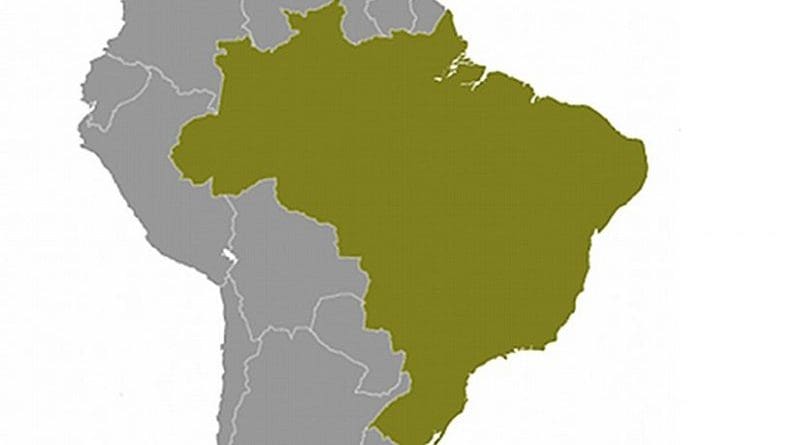Brazil: Economic Paradise Versus Bizarre Politics – OpEd
It became quite common to see Brazil stamped on the top international newspapers and magazines’ pages both as a good place to start businesses and as an underdeveloped land where bizarre stuff happens. As a Brazilian economist, I couldn’t agree more with both kind of analysis – even if it looks kind of odd to put them together.
The fact is that while our market is enjoying its first long term stability period since the colonization, our politicians keep acting as they used to do when the country was only a paradise for coffee and sugar cane producers.
This controversial scenario risks the bright future predicted by reports such as Goldman Sachs’ (2007) and PwC’s (2011) which pointed out that Brazil would reach the status of world forth biggest economy by 2050 – above superpowers such as Russia, Germany and Japan.
It is true that hosting the 2014 FIFA World Cup and the 2016 Olympic Games brought an enormous enthusiasm to international investors and some extra motivation to Keynesian politicians to boost the public spending, but the current growth started around two decades ago when the government managed to put an end to the two-digit inflation rate that used to destroy both the internal market and the external competitiveness. Those reforms helped not only the local entrepreneurs but also opened doors to international investors who have apparently gotten more motivated to join our country after the financial crashes in the North Hemisphere.
All those good winds, unfortunately, weren’t strong enough to blow our political sail that remained stagnant in the last century. The current power dichotomy experienced by the Palácio do Planalto (the Brazilian White House version) testifies it.
As John Rathbone wrote for the Financial Times one month ago, “former presidents are like Chinese vases: beautiful, valuable and near-useless [but] for some, the psychological comedown is too much”. That’s the case of Luíz Inácio Lula da Silva, former president, who insists to be one of the biggest problems faced by Dilma Roussef who tries to govern the country even if constantly bothered both by the opposition and her socialist partner.
If it is hard to manage a country with your party’s support, make a guess of how it is if even internally a consensus can’t be reached.
That is the fact that makes it almost impossible to conduct the needed reforms to prepare the country for all the predicted growth. In some issues, Brazil still being ruled by code of laws originated five decades ago during the military dictatorship.
One of those make it almost impossible to buy high status cars, as Kenneth Raposa reported to Forbes one week ago. As he mentioned, the same Jeep Grand Cherokee that can be bought in the US for 28,000 USD would cost 89,500 USD in Brazil due to an internal taxation above 50% plus trade tariffs.
If it is hard to buy one of those, make a guess on how it would be to get a BMW X5.
The point is that, as the world economy is struggling to recover itself, Brazil still a good option to international investors but the local politicians should start preparing the country for the future, when Europe and the United States are going to be fit again.

